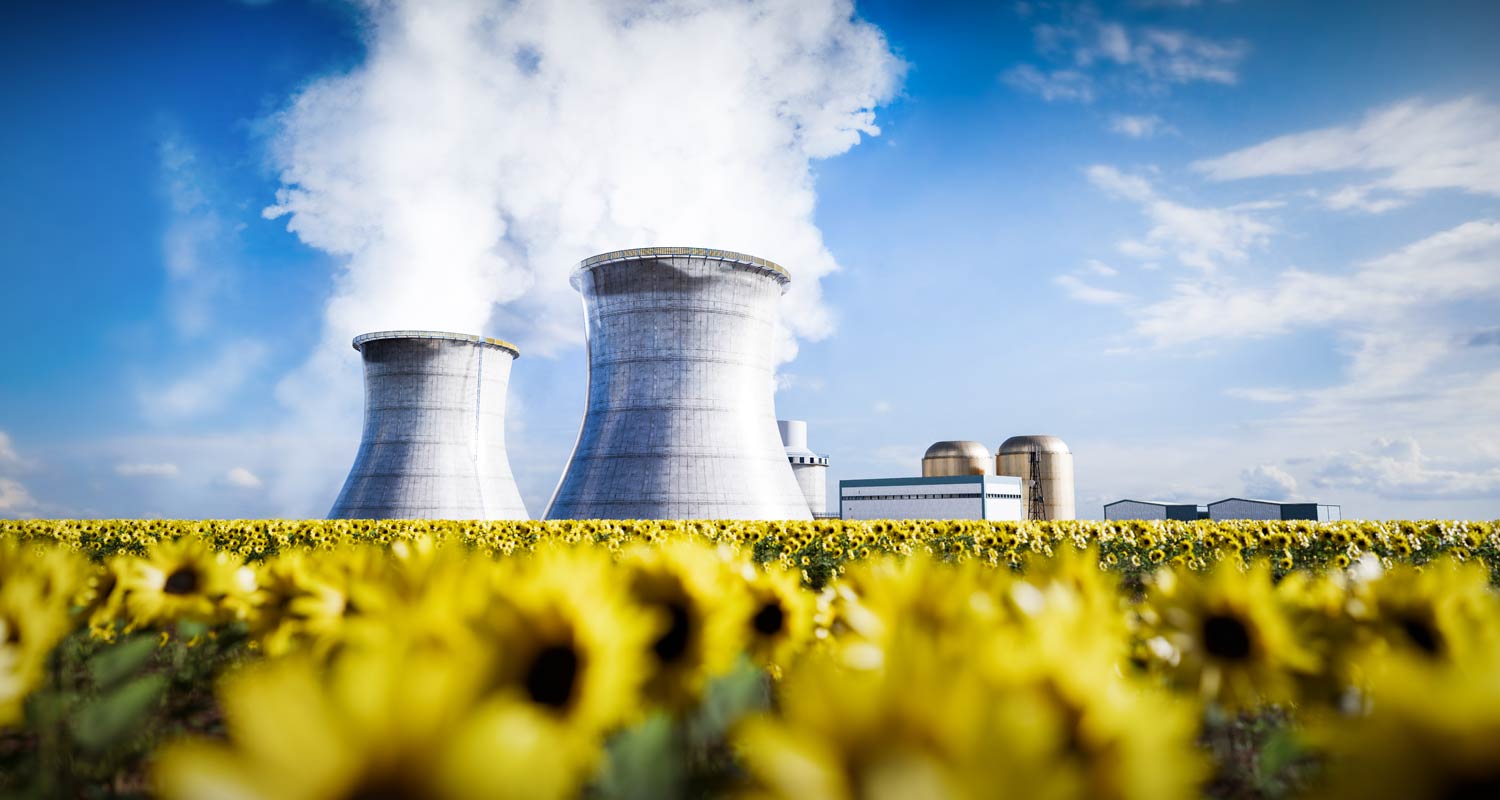adverts
Meta Platforms, the parent company of Facebook, is seeking up to 4 GW of new nuclear energy to power its data centres as part of its strategy to meet the growing electricity demands of its artificial intelligence (AI) operations.
The company is calling on developers to submit proposals to supply between 1GW and 4GW of reactor capacity, with the goal of starting in the early 2030s.
Meta’s push for nuclear energy underscores the company’s urgent need for a reliable, low-carbon power source to meet the vast electricity consumption required by its AI and data operations. With nuclear reactors capable of generating 1GW of electricity, each reactor could power about 750,000 homes, making them a potential solution to the massive energy requirements of technology giants.
adverts
Despite the potential for clean, reliable power, nuclear energy remains a difficult sector to develop due to its high costs and long construction timelines. Unlike traditional electric utilities, Meta and its tech peers—Amazon and Google—are willing to shoulder some of the financial risks involved in pioneering the next wave of nuclear power.
Adam Stein, Director of Nuclear Energy Innovation at the Breakthrough Institute, explains that tech companies like Meta are increasingly stepping in where traditional utility companies have been reluctant. “They are willing to take on a little more of the early financial risk,” Stein said. He added that utility companies have struggled to keep pace with the evolving energy needs of tech firms.
Meta’s nuclear energy pursuit includes both traditional, large reactors and small modular reactors (SMRs)—a newer, more compact design that may offer faster deployment and lower costs, though it remains largely untested. The company is seeking proposals from developers to determine the most feasible and efficient solution.
Meta’s decision to pursue nuclear power follows similar announcements from Amazon, Google, and Microsoft, all of which are investing in advanced nuclear technologies. Google’s parent company, Alphabet, and Amazon have each made moves to back companies developing advanced reactors, signalling a broader tech industry shift towards securing clean and reliable energy sources.
In addition, Microsoft has signed a power purchase agreement with Constellation Energy to buy electricity from a reactor being restarted at the Three Mile Island site in Pennsylvania.
While nuclear construction in the U.S. has largely stalled in recent years, experts believe Meta’s goal of having nuclear power in place by the early 2030s is achievable. Stein notes that SMRs and other advanced reactor designs may be ready for deployment within the next decade if development accelerates.
“There are definitely some candidates that may be ready by the early 2030s,” Stein said, adding that the timeline is feasible if projects are initiated soon.
Meta’s ambitious nuclear energy initiative reflects the company’s broader commitment to clean energy and its determination to secure sustainable power for its rapidly expanding operations. As the demand for AI and data services continues to surge, the company’s move to explore nuclear energy could set a new precedent for the role of technology giants in shaping the future of global energy markets.
With 4GW of nuclear energy on the horizon, Meta is positioning itself to be a major player in both the digital and energy sectors, signalling the tech industry’s increasing influence in the evolution of clean energy technologies.


